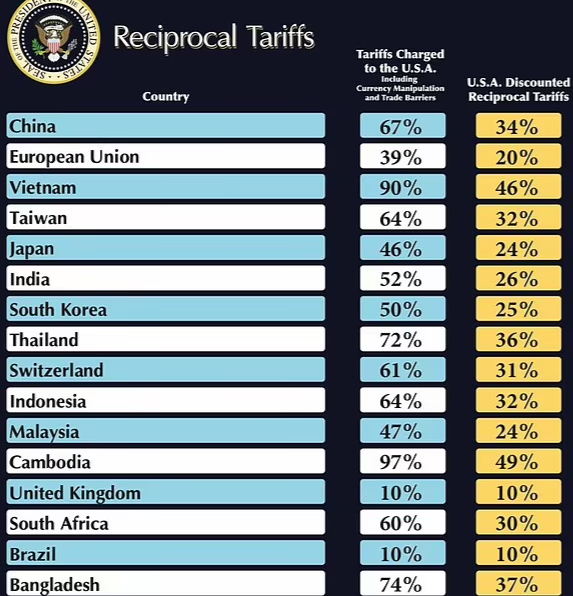The relations between the European Union and Israel have recently experienced significant tension. This is primarily due to Spain and Ireland preparing to formally recognize a Palestinian state1. The diplomatic move has led to a notable downturn in the relationship, with reports indicating that the Israeli Foreign Minister has informed Spain that its consulate in Jerusalem will not be allowed to assist Palestinians2. This development comes amidst ongoing discussions and actions concerning the situation in Gaza3.
For a broader historical context, the EU and Israel have a complex relationship that spans several decades, involving economic, cultural, and political cooperation. The EU-Israel Association Agreement, which came into force in 2000, has been the main legal framework governing their relations, promoting trade and various forms of collaboration4. However, political issues, particularly those related to the Israeli-Palestinian conflict, have often influenced the dynamics between the EU and Israel5.
It’s important to note that these events are part of a dynamic and evolving political landscape, and the situation can change as new developments occur.
Relations between the European Union (EU) and Israel have taken a nosedive recently, particularly as Spain and Ireland prepare to recognize a Palestinian state. Let’s delve into the details:
- Recognition of a Palestinian State:
- Spain, Ireland, and Norway plan to officially recognize a Palestinian state. While dozens of countries have already recognized Palestine, none of the major Western powers have done so until now. The move by these EU members is significant for the Palestinians, as it confers international legitimacy on their struggle1.
- The recognition comes on the eve of the diplomatic recognition of a Palestinian state by Ireland and Spain. However, it remains unclear how much practical impact this recognition will have on the ground2.
- Israel’s Response:
- Israeli Foreign Minister Israel Katz informed Spain that its consulate in Jerusalem would not be allowed to assist Palestinians1.
- Katz accused Spain of “rewarding terror” by recognizing a Palestinian state. He also invoked historical context, referring to the infamous Spanish Inquisition, which forced Jews and Muslims to flee, convert to Catholicism, or face death in the 15th century1.
- In response, Spanish Foreign Minister José Manuel Albares criticized Katz’s comments and highlighted that colleagues from Ireland and Norway were also facing unjustified provocations due to their plans to recognize Palestine. Albares emphasized the importance of European unity in the face of such propaganda1.

- Josep Borrell’s Stance:
- The EU’s foreign policy chief, Josep Borrell, expressed support for the International Criminal Court (ICC). The ICC’s prosecutor is seeking an arrest warrant against Israeli Prime Minister Benjamin Netanyahu and other leaders, including those from the Hamas militant group1.
- Borrell acknowledged that the term “antisemitic” was too heavy and emphasized the importance of the ICC’s work1.
- Slovenia’s Decision:
- Slovenia’s Prime Minister Robert Golob announced that his government would decide on the recognition of a Palestinian state. The decision would then be forwarded to parliament for final approval1.
- Slovenia initiated the recognition procedure earlier this month, following the lead of Spain, Norway, and Ireland1.
In this complex geopolitical landscape, tensions persist, and the recognition of a Palestinian state remains a significant step in the ongoing Israeli-Palestinian conflict1. The EU’s role in this matter continues to evolve, with implications for regional stability and international relations.
To amplify information:



